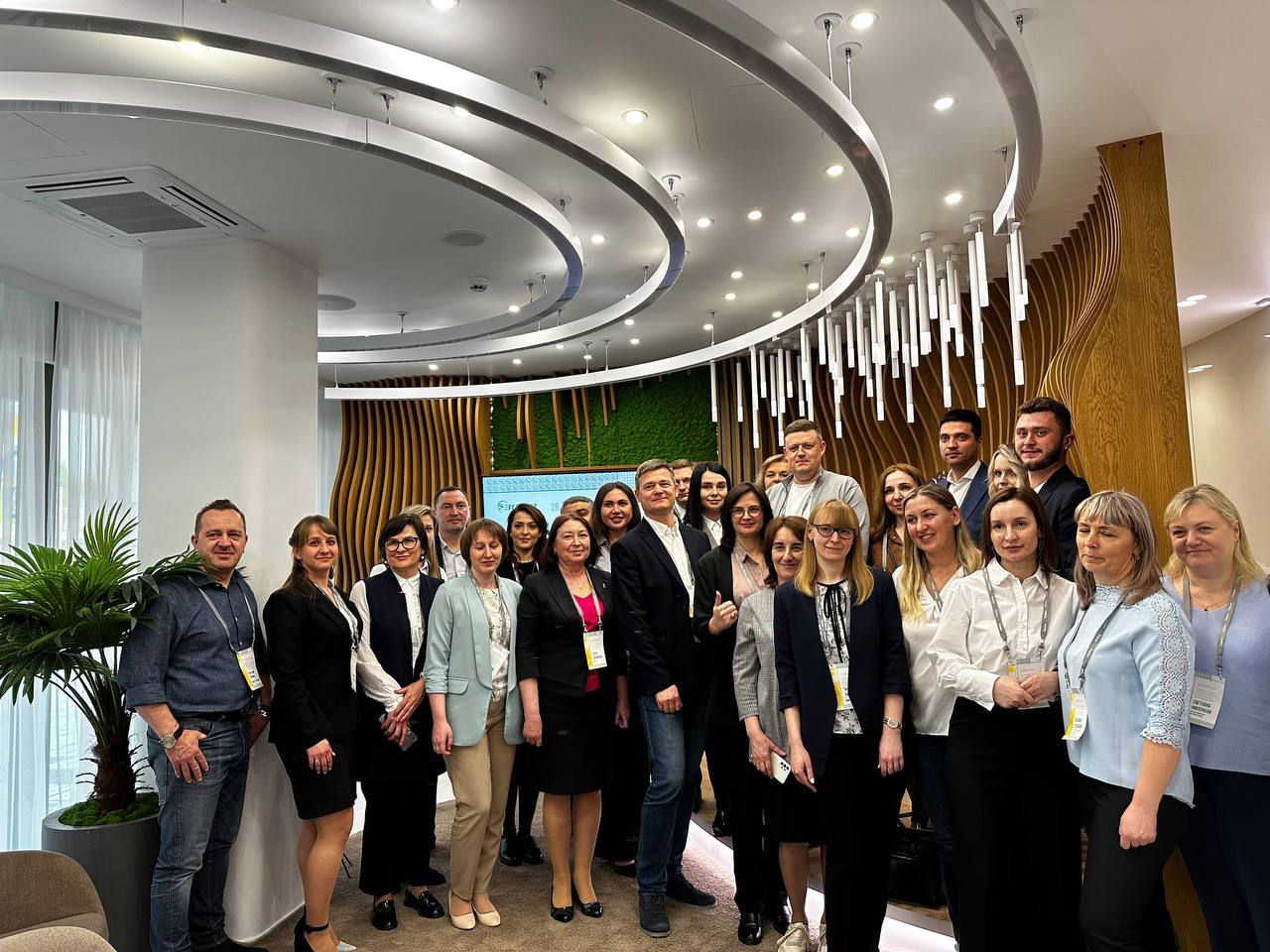Ask the chef what is the secret of his best dishes, and he will answer that it is in the ingredients. EFKO specialists spoke about the peculiarities of using milk-containing products in the HoReCa hospitality industry - our seminar for technologists and managers of dairy enterprises was held in Moscow.
Cafes, restaurants, food delivery, hotels and catering services - the Horeca segment continues to develop. Professional cuisine has its own characteristics, so classic dairy products, no matter how tasty they are, are not always suitable. To develop a full-fledged menu, options with a wider range of consumer properties are needed.
Products with milk fat substitute are identical to the classic ones in taste, while solving the problems that chefs of most cafes and restaurants face. For example, in HoReCa they often choose a curd product with a milk fat substitute - it solves the problems that chefs of most cafes and restaurants face: cheesecakes can burn, spread and lose shape. Switching to a curd product with HMF also makes it possible to achieve thermal stability, reduce the mass fraction of egg white and increase the mass fraction of sugar without loss of quality.
There are HoReCa segments in which cheeses are popular - these are, first of all, delivery systems and Italian restaurants. The most demanded category is the production of “cheese products for pizza”. The ferrets have a whole list of requirements for “pizza-cheese”: such cheese should be well rubbed and melted, and also, when you cut off a piece of hot pizza, the threads should stretch, not break. This can be achieved with the help of properly selected specialized fat.
“The use of harder positions of specialized fats has a positive effect on the density of the“ cheese product for pizza ”, allowing you to get a product with dense chips,” said Ekaterina Zhuravleva, technologist at EFKO. – We recommend the use of PMF Oilblend 1003-36 and PMF Ecolact 1403-35. The amount of FMF in the recipe may vary and depends on the type of cagliatta used by the manufacturer.
For baked goods and hot dishes, Horeca uses spreads more often than butter, and this is not only a matter of lower cost.
“Spreads are not inferior to butter in terms of consumer properties, have a plastic consistency, retain their shape well at room temperature, do not lose their plasticity during freezing and thawing,” explained Victor Kapranchikov, technologist at the Group of Companies " EFKO. – EFKO's milk fat replacers allow you to achieve the optimal quality of the finished product.
One of the key points in the production of spreads is the crystallization of fats. Manufacturers may encounter defects in consistency when releasing the finished product. It helps to manage this process & nbsp; crystallization accelerator. This year, our company received a gold medal for its development in the "Innovative Product" nomination at the international exhibition "Prodexpo".
Quite recently, a study of the crystallizer in the production of spreads was completed, we conducted it together with the All-Russian Scientific Research Institute of Butter and Cheese Making. Director of the Institute, Elena Topnikova, spoke about the results:
“In the course of the study, the use of EFKO’s Crystallizer 01 in spreads with a mass fraction of fat of 72.5% and 82.5% was evaluated using different types of FMF packed in a monolith and in consumer packaging (briquette) using different equipment. The study confirmed that the use of "Crystallizer 01" helps to improve the structure and consistency of spreads. The minimum dosage of the product to obtain the result is not less than 0.2%. When choosing a dosage, it is important to take into account the type of equipment used to make spreads - for products obtained on margarine equipment - 0.2%, for butter individual - 02-04%".
In the restaurant business without tasting - nowhere - the guests tried products on our fats: spreads and ice cream with HMF, pizza and other dishes. This format is very useful, because technologists and business leaders can evaluate the result and select fats for their own assortment.
“There are many companies on the market that offer food ingredients, but we do not just sell products, but also give our partners our expertise,- said Alexander Alekseenko, director of the dairy industry of the oil and fat division of the Group of Companies EFKO. - Our specialists analyze the market, help manufacturers to navigate the trends and select fats specifically for their assortment. Horeca is one of the most promising segments, and the knowledge that we provide at such meetings should help manufacturers to consolidate their positions.”
And here are the reviews of our partners.
“This presentation is the most vivid impression of 2023 trends and statistics to date. Participation in the seminar gave us an understanding of which way to look, how to allocate our resources, what needs to be done to increase our customer pool and sales volume”
Olesya Gargola, OAO Mytishchi Dairy Plant
“During the tasting, we were interested in plant-based drinks – the trend for this type of product is growing. We are also very interested in Kristallizator 01 - we have already tested this product and noted for ourselves that it can replace an imported analogue.
Zinnur Fyakhretdinov LLC TMP Masloprom



